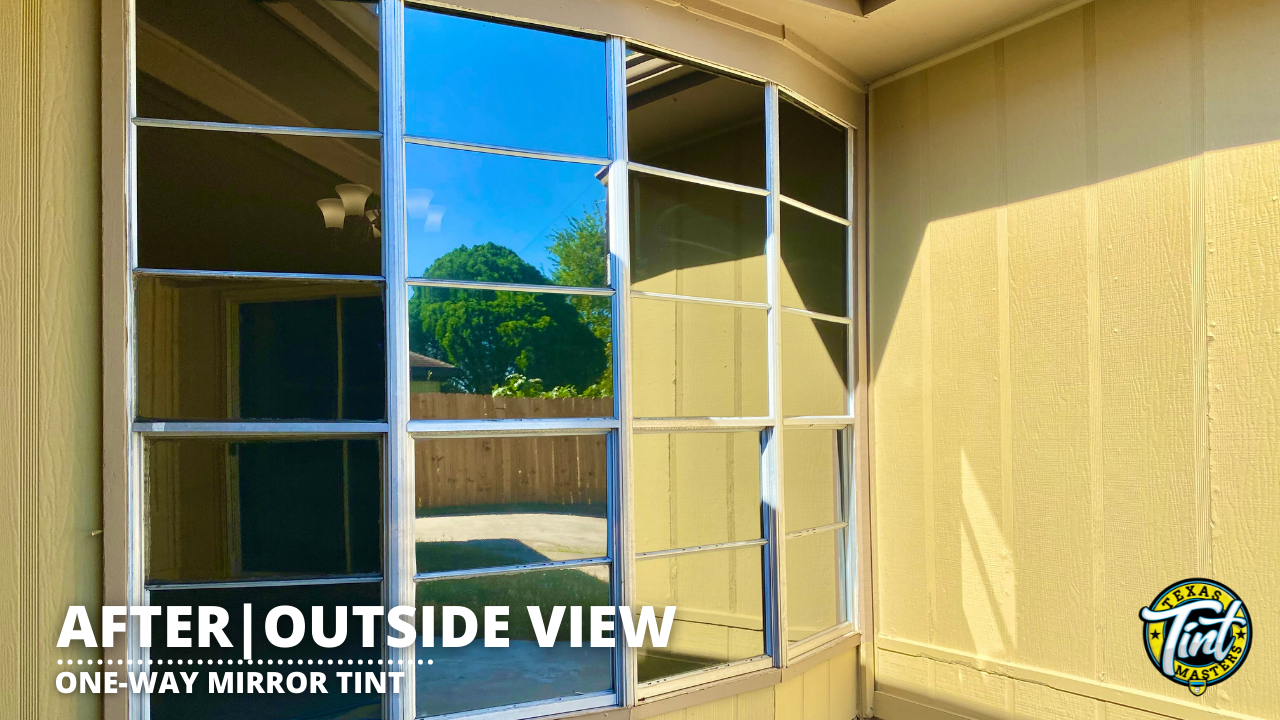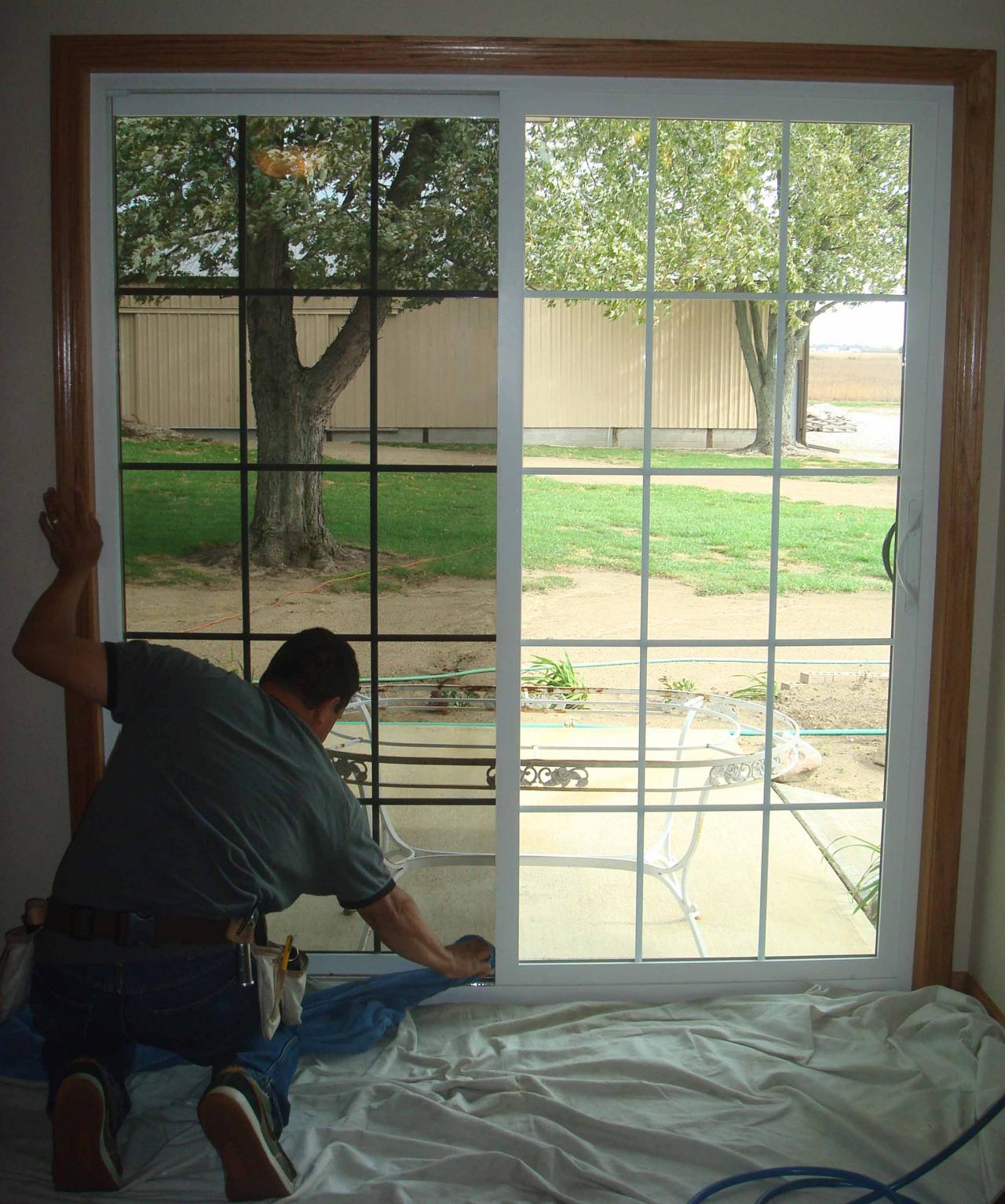Just How Residential Window Tint Can Reduce Energy Costs
Just How Residential Window Tint Can Reduce Energy Costs
Blog Article
Exactly How Residential Window Tinting Improves Your Home's Power Efficiency
Residential window tinting presents an engaging solution for property owners looking for to improve energy effectiveness within their living spaces. By applying specialized movies to home windows, it efficiently lowers warm transfer, consequently maintaining interior temperature levels and minimizing the need for too much heating or air conditioning.
Understanding Home Window Tinting
Comprehending window tinting is necessary for homeowners seeking to improve both comfort and energy effectiveness in their home. Residential Window Tint. Home window tinting entails the application of a slim movie to the inside or outside surface area of glass home windows. This film can substantially regulate the amount of sunlight and heat that enters a home, thus influencing interior environment problems
There are numerous sorts of home window tinting films offered, each with unique properties. Colored movies soak up solar power, while reflective movies deflect it away from the glass surface. Ceramic films provide a balance of visibility and heat rejection, making them a preferred selection amongst house owners. The efficiency of window tinting is often gauged by its Visible Light Transmission (VLT) portion, which suggests just how much light can travel through the movie.
Advantages of Energy Performance
Home window tinting not just improves aesthetic appeals but likewise plays a significant duty in improving power efficiency within domestic rooms. By minimizing heat transfer with home windows, tinted movies create a much more stable indoor environment, which can lead to substantial reductions in energy intake for heating and air conditioning. This power efficiency equates right into lower energy costs, offering home owners with substantial long-lasting savings.

Furthermore, window tinting boosts the convenience of living areas. By reducing glare and blocking harmful UV rays, tinted windows create an even more positive setting, which can bring about boosted health for residents. The protection versus UV rays additionally assists maintain furniture and floor covering from fading, adding to the long life of house items.
How Tinting Works
Tinting movies run through a mix of sophisticated materials and modern technologies created to control the quantity of solar power entering a home. Mostly composed of polyester, these films typically include ceramic or metal particles that soak up and reflect warm. This twin ability permits them to considerably lower the penetration of ultraviolet (UV) rays and infrared radiation while allowing visible light to go through.
The effectiveness of window tinting is gauged by its solar heat gain coefficient (SHGC), which indicates how much solar power is transferred through the window. Lower SHGC worths are preferable as they represent better heat being rejected. In addition, window tints can include a selection of tones, enabling homeowners to personalize their visual choices while improving energy effectiveness.
Additionally, these movies work as an obstacle, preventing warm loss throughout cooler months by reflecting interior warmth back into the living area. This thermal insulation result enhances the air conditioning benefits acquired during warmer months, this link adding to a well balanced interior environment year-round. By managing solar power successfully, residential window tinting not only enhances comfort however likewise plays an why not find out more essential duty in reducing energy usage and decreasing utility costs.
Choosing the Right Tint

There are different kinds of window films available, including dyed, metalized, and ceramic. Ceramic films supply outstanding warm control without compromising presence and are extremely sturdy, making them a preferred selection.
Noticeable light transmission (VLT) is an additional critical element, as it suggests the amount of all-natural light that can travel through the colored glass. Home owners need to pick a color with a VLT that complements their illumination choices while still providing ample glow decrease.
In addition, assessing the solar warm gain coefficient (SHGC) can aid identify exactly how well a color can block warmth from sunlight. A lower SHGC shows much better warm control, inevitably enhancing energy efficiency.
Installment and Upkeep Tips
Appropriate installment and maintenance are vital components in making the most of the advantages of property home window tinting. Specialists likewise utilize specialized devices and strategies, which can enhance the sturdiness and efficiency of the color.
Complying with installation, upkeep is vital to lengthen the life of the window movie. It is advised to wait a minimum of thirty days prior to cleansing the colored windows to enable the sticky to cure completely. When cleansing, use a soft fabric and a mild, ammonia-free cleaner to stay clear of damaging the film. Prevent unpleasant materials that might scrape the surface area.
Addressing these concerns without delay can avoid further damage and maintain energy efficiency. By sticking to these installment and maintenance suggestions, property owners can ensure their home window tinting proceeds to offer significant power financial savings and comfort for years to come.
Final Thought
To conclude, property window tinting acts as an efficient solution click to read for boosting energy performance within homes. By lowering heat transfer and obstructing damaging UV rays, window movies contribute to reduce energy intake and boosted indoor comfort. The selection of appropriate tinting products, together with appropriate installation and upkeep, even more takes full advantage of these advantages. Ultimately, window tinting represents a sustainable investment that not just lowers energy expenses however also promotes a comfortable living environment throughout the year.
Window tinting includes the application of a slim film to the interior or outside surface area of glass windows. By minimizing warmth transfer through windows, colored movies create a more steady indoor climate, which can lead to significant reductions in power intake for home heating and cooling.The efficiency of home window tinting is gauged by its solar heat gain coefficient (SHGC), which indicates exactly how much solar power is sent via the window. By managing solar energy successfully, household window tinting not only enhances comfort however likewise plays an essential role in reducing energy consumption and lowering utility expenses.
By minimizing warm transfer and obstructing damaging UV rays, window films contribute to lower power consumption and boosted interior convenience.
Report this page